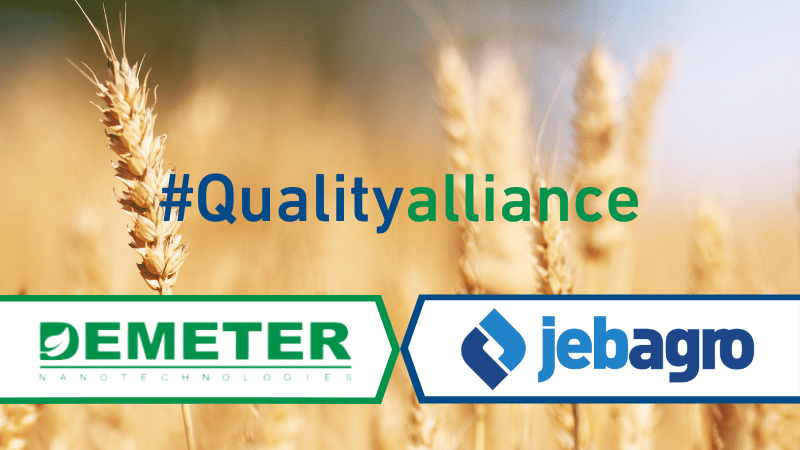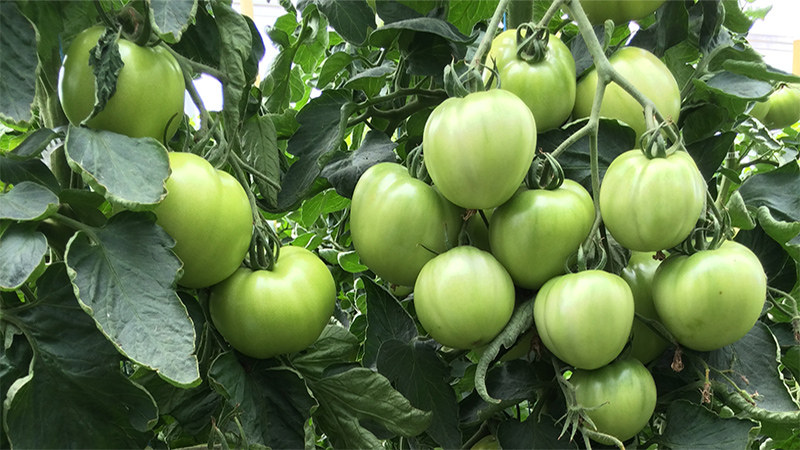Europeans Voting with Their Wallets for Non-Organic Products
If sales figures are any indication, Europeans are deciding in growing numbers that organic food isn’t worth the additional expense.
The organic industry in the UK – the EU’s third-largest organics market – is in the midst of a three-year-long slump, as consumers favor conventionally farmed products amid the global economic downturn. The drop in sales of organics might also reflect an increasing acceptance of modern agriculture.
Sales of organic food have been tumbling in the UK since 2009 and interest in the market is waning in other EU countries as well, analysts say. UK organic sales fell nearly 6% to $2.79 billion in 2010, following a 12.9% decline in 2009, although the rate of decline has slowed in recent months, says the Soil Association. Farmers are responding to decreasing demand and abandoning organic: The conversion to organic-farmed fields is down two-thirds since 2007, according to the Department for Environment, Food and Rural Affairs.
“It’s a declining market. Not a lot of people are talking about it,” analyst Matthew Phillips of Phillips McDougall said in an interview. “You can’t get as high of a yield with an organic product as you can with a product that is protected by either chemicals or biotechnology.”
Countries such as Sweden still show strength in the sale of organics, but they are niche markets compared to Germany, Italy and the UK, says Dominic Dyer, chief executive of the Crop Protection Association.
“People are watching more carefully what they spend on food and are more inclined to question some of the values of the organic sector,” Dyer said in an interview with Farm Chemicals International. “It’s going on in Germany; it’s going on in France; it’s going on in the Netherlands.”
In Germany, the organic food industry more than doubled in sales from 2000 to 2007, but has been sluggish recently, as more consumers opt for cheaper, conventionally farmed products rather than pay more for organics, which can command a 40% premium.
Bad press could be having an impact as well. This past summer, bean sprouts from an organic farm in Germany were to blame for the world’s largest E. coli outbreak to date. More than 60 people were killed, thousands more were infected, and the outbreak made headlines across the globe.
The 2009 Food Standards Agency report also played a significant role in swaying the public against organics, Dyer says. The report, which attracted heavy media attention, states flatly that there are “no independent authoritative statements on the nature and importance of differences in content of nutrients and other nutritionally relevant substances … in organically and conventionally produced foodstuffs.”
To date, there are no cases of human health problems resulting from GMOs, a statistic backed by the World Health Organization.
“I think we’ve seen a growing interest in GM technology,” Dyer says. He points to the example of BASF’s new GM potato, which is resistant to the late-blight disease that wipes out up to 20% of the global potato harvest every year.
“The organic industry, by opposing [technology] in principle, is looking like it’s putting its head in the sand and not really dealing with the problem, and I don’t think that’s helping the industry’s reputation either,” he adds.
The German chemical giant applied for EU approval of the table potato, called Fortuna, earlier this week, and expects to bring it to market in 2014/15.






